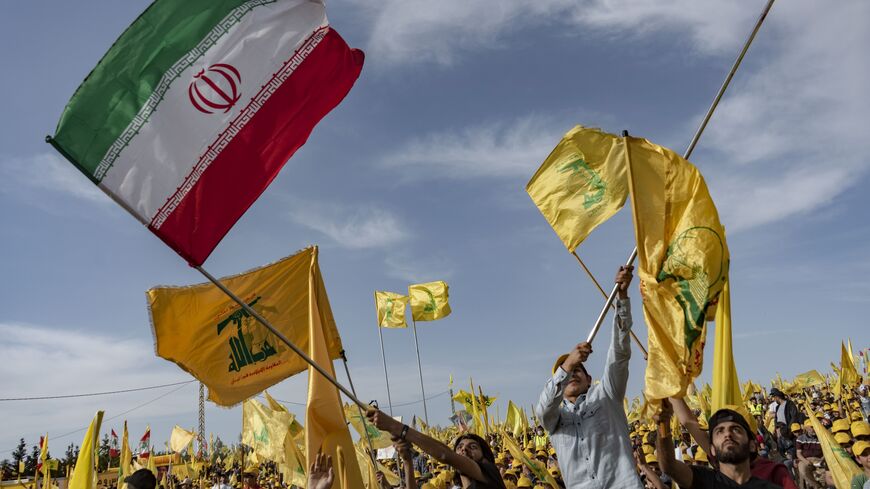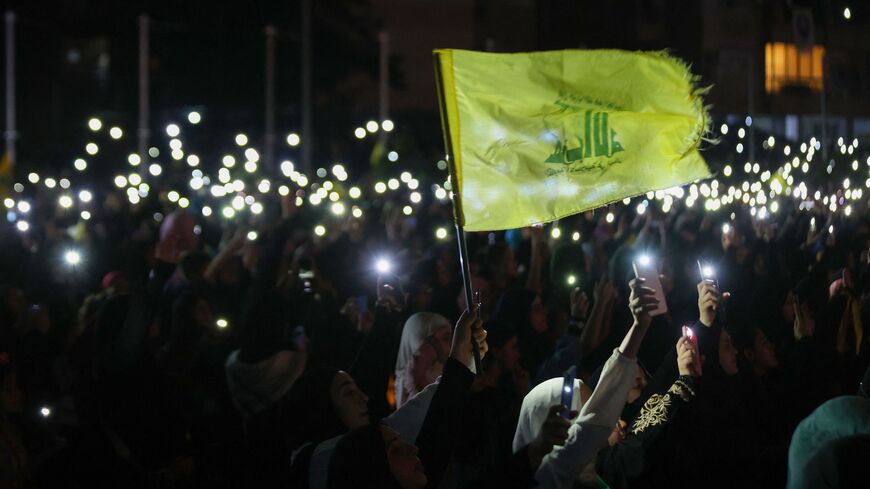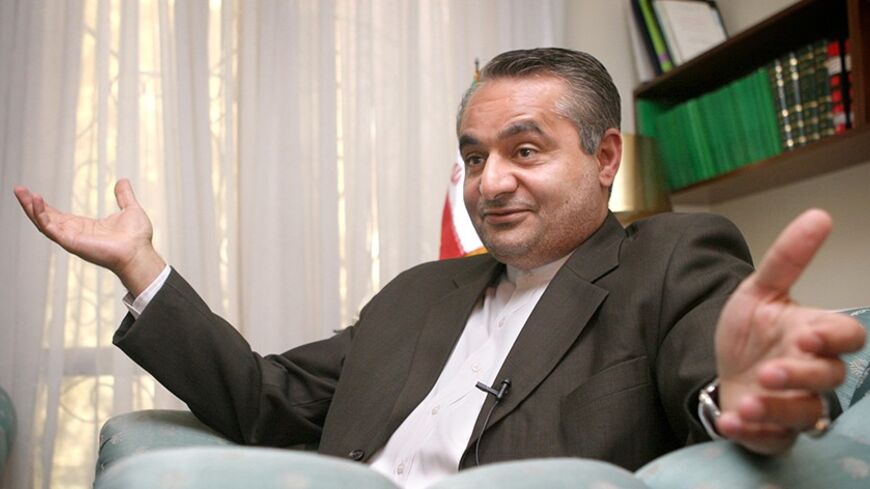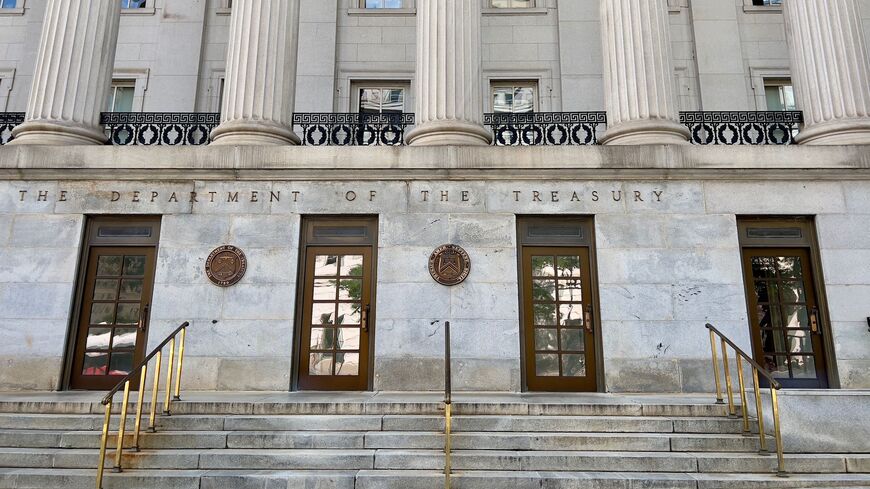Iran Nuclear Talks Overlook Terror
Progress in the nuclear talks may have taken terrorism off the agenda.

Last week, Oct. 24, the Institute for National Security Studies in Tel Aviv held an important conference titled “Iran at a Crossroads.” Top-notch experts on nuclear arms, on Iranian politics in the President Hassan Rouhani era, on Shiite-Sunni relations and on the implications of a military strike on Iranian nuclear facilities participated in the conference. Virtually missing from the agenda, just as from the 5+1 discussions that have taken over the headlines again, was the topic of “conventional” Iranian terror.
While international intelligence organizations are divided over Tehran’s intention to threaten world peace with atomic bombs, as well as over the timeline of its nuclear program, there is no disagreement that Iranian terror has long been around. In May of this year, the annual US State Department report on international terror stated, “In 2012, there was a clear revival of Iran’s state sponsorship of terrorism, through the Islamic Revolutionary Guard Corps-Quds Force (IRGC-QF), its Ministry of Intelligence and Security, and Tehran’s ally Hezbollah, who remained a significant threat to the stability of Lebanon and the broader region.”








